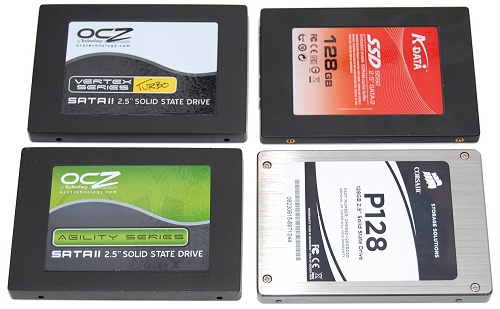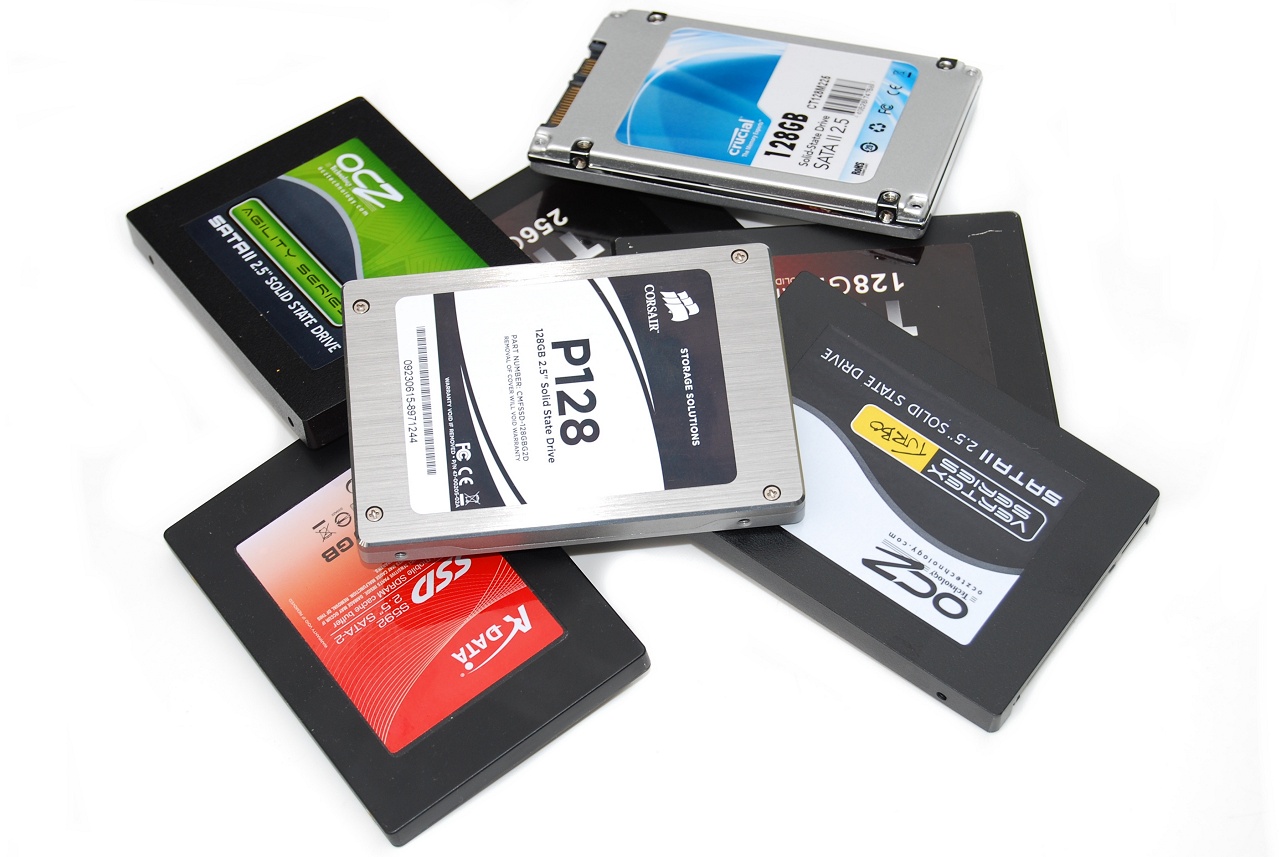The State of the SSD
A lot has changed since our last SSD round-up four months ago. Last time we were focused on the battle between the Intel X25-M and the then new drives based on the Indilinx Barefoot controller. In terms of value the Indilinx SSDs came out way in front, while the X25-M remained the best all-around performer.
The G.Skill Titan was also included in that comparison, with its dual JMicron 602B controllers in RAID, though it quickly became apparent that this SSD was no longer a viable option. These days you will be hard pressed to find a Titan drive, which is a good thing, as the JMicron SSDs should be avoided at all costs. JMicron does plan to release a new controller soon called the "JMF612" which removes stuttering and brings loads of cache, while it can also support 32nm NAND flash chips.
With a new JMicron controller on the horizon and Intel's second generation X-25M SSD almost here, things do not appear to be slowing down in the world of solid state drive technology. Even so, those planning on discovering what SSD technology is all about have plenty of great options, four of which we just looked at.

The new Corsair P Series, which uses the Samsung RBB controller, is built on the same hardware as the OCZ Summit, Patriot Torqx M28, and SuperTalent MasterDriveSX. The Corsair P128 is currently priced at $345, which means it is fetching a small price premium when compared to the MasterDriveSX ($335) and the Torqx M28 ($340), while the Summit is a bit more at $370. Therefore, compared to other Samsung-based drives, the Corsair P Series is very competitive.
However, the Corsair P Series is more threatened by SSDs built around the Indilinx Barefoot controller, such as the A-Data S592. Although we are uncertain about the exact pricing of the S592, similar SSDs using the Indilinx controller can be had for ~$320 in a 120GB capacity.
This begs the question as to how the OCZ Vertex Turbo 120GB can be worth $430, when it's barely faster than the original model costing $360. The Vertex Turbo is a senseless product that offers consumers a very poor value. Given that we gave the original Vertex our "Outstanding Award" in the last roundup, we could not be more disappointed with this overclocked version.
At the opposite end of the Indilinx Barefoot scale we have the OCZ Agility, with the 120GB version priced at $270, making it for a small margin the cheapest of its kind. Priced at around $90 less than the Vertex, the Agility is only a whisker slower for the most part.
Getting back to the Samsung vs. Indilinx comparison, we are inclined to favor the Indilinx controller here as it provides significantly better write performance when working with small chunks of data.
When writing to every data block on the drives to measure performance degradation, we only noticed significant performance impacts when working with small 4KB data files. Here the Indilinx SSDs dropped a lot more performance than the Samsung drives. That said, even with the lost performance, the Indilinx SSDs were still much faster.
Those looking for an affordable high performance SSD should seriously consider something with an Indilinx controller. The OCZ Vertex still stands out as one of the better options, as it is likely the best supported SSD, with OCZ constantly working on its firmware and cleaning software. This also goes for the cheaper Agility series, which we have crowned as the best value option.
Then, if you don't mind waiting for a couple of weeks, Intel's second generation SSDs should be hitting stores. The story with these is that Intel will only offer 80GB and 160GB capacities as before, though at much lower price points: $225 and $440, respectively.
Besides the fact that these drives will be pretty fast and carry a small price premium, it will be interesting to see how other manufacturers like OCZ react and adjust their pricing strategy. In other words, we wouldn't be surprised to see further price cuts in the products we tested today in the weeks to come.
